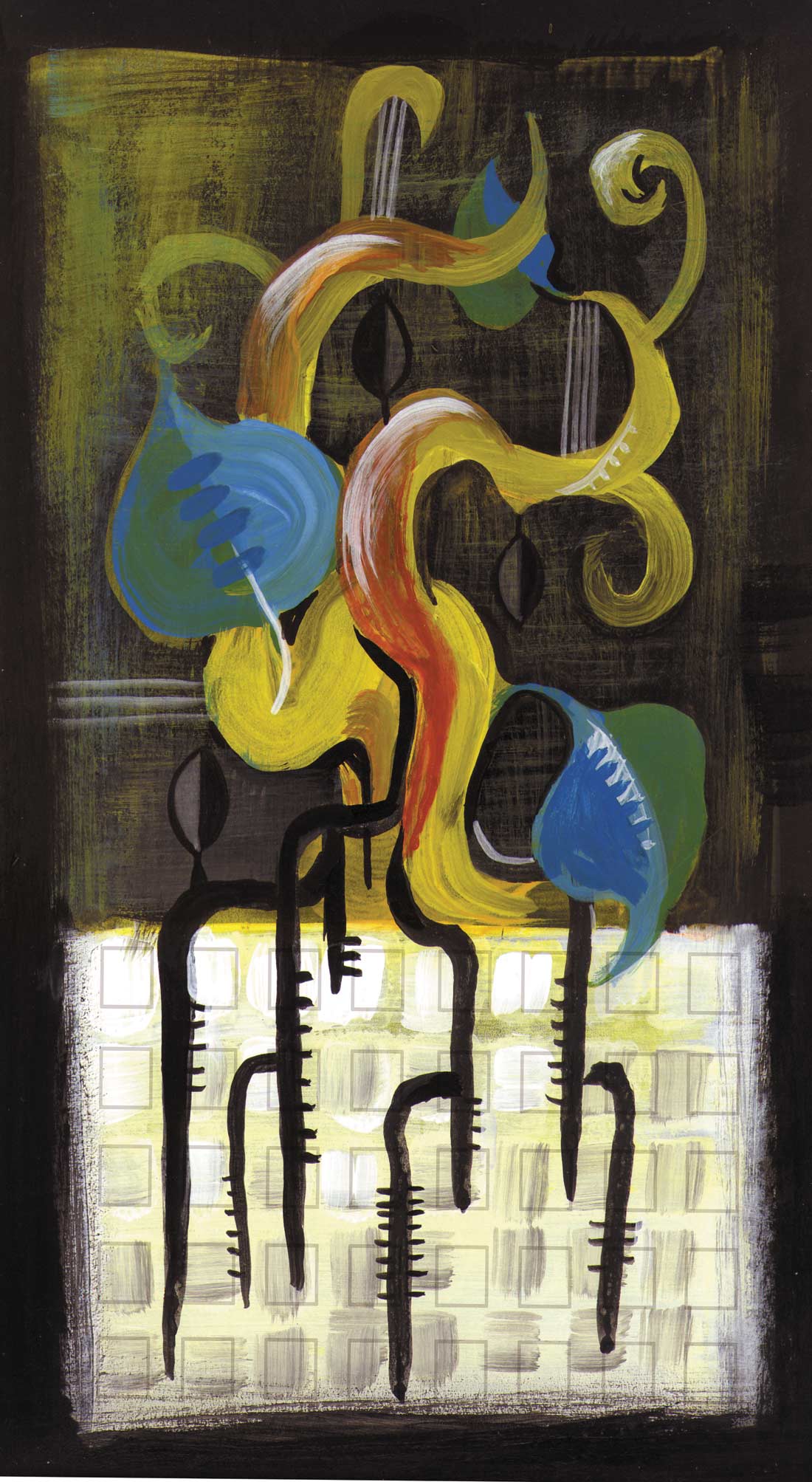With so much inexpensive new gear being produced these days, and so much hype over a select few vintage units, it's easy to forget that there's plenty of reasonably- priced but obscure older equipment that's well worth picking up. One such piece is the UREI LA-22, which was produced in the late 80s and early 90s, towards the end of UREI's existence after the company had been acquired by JBL. It has little in common sonically with its more famous siblings, the LA-2A and 1176LN; it has neither the silky sheen I've been told the LA-2A produces, nor the gritty aggression I know the 1176LN is capable of. Still, it's in many studio racks, including Electrical Audio's, and I'd heard enough good reports about it to be interested in trying one for myself.
Its construction quality is mixed. Some aspects of it are decidedly flimsy; the top and bottom case panels flex, and the XLR's wobble alarmingly, as they're mounted directly onto the circuit boards rather than attached to the case itself. On the other hand, it uses transformers instead of being electronically-balanced like a lot of modern gear, and it has some neat features you don't often see on compressors. For instance, the detector circuitry can be varied continuously from peak to average, and there's an inbuilt sidechain EQ that lets you restrict compression to a specific frequency range. All these extra features result in a rather cluttered interface, but hey, you're an engineer, and you can cope with nearly 30 buttons and pots in a 1U case, right?
With the limiter switched in, it can unobtrusively prevent overs while tracking to digital. As a compressor, it's nicely transparent at low ratios, and it works well for a little smoothing off during mixing, particularly on vocals or bass. However, because the ratio pot is logarithmic, and goes all the way to infinity:1, moving beyond 10:1 can quickly smash a signal, which is quite fun on guitars but probably not what you want for that sensitive lead vocal.
The sidechain is what really sets this apart though. As a de-esser, it's fantastic; you can monitor just the sidechain while sweeping it to check for the range at which sibilance is occurring, adjust the Q, and then switch in the compressor and pound those sssss's into oblivion. I found it almost as good at reducing other problem sounds, like finger squeaks on acoustic guitar. This type of narrow-band compression is also a very useful alternative to EQ'ing while mixing. Guitars getting in the way of the bass? Then just compress their low end a bit and make 'em move out of the way!
I paid just under $700 for mine on eBay in Europe, but they turn up stateside more frequently, and often a little cheaper. When you consider how versatile the LA-22 is, and that people are now asking near that amount for the lo-fi, one-trick LA-4A, it's definitely one to watch out for.




_disp_horizontal_bw.jpg)